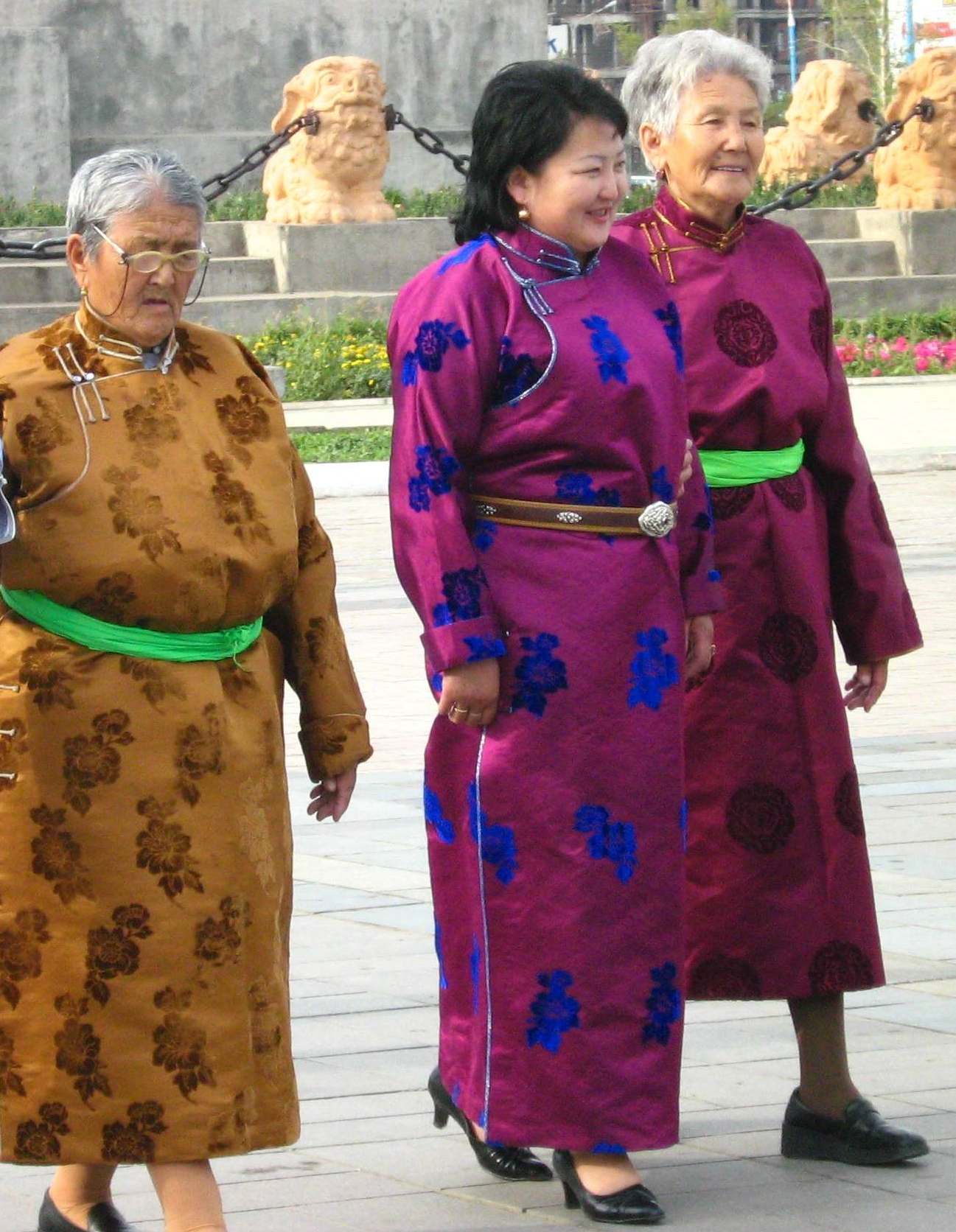
WEIGHT: 58 kg
Breast: 3
1 HOUR:140$
NIGHT: +50$
Sex services: TOY PLAY, Facials, Humiliation (giving), Extreme, Massage erotic
Pimps man the park across from the historic Ulan Bator Hotel, popular with foreigners. They are keeping an eye on their employees -- about 20 women working in Mongolia's quickly expanding sex trade. Prostitution is illegal in Mongolia, but the sex industry is booming, due in part to the explosion of the country's mining sector, which has spawned a huge mobile workforce of men far away from home.
While the park in front of the Ulan Bator Hotel is a notorious public spot to trawl for sex, the trade is gradually shifting out of sight to karaoke bars, hotels, saunas and massage parlours -- putting the women at higher risk. The flourishing sex trade is having major health consequences -- inadequate medical services, limited prevention campaigns and the cultural stigma linked with prostitution have led to a rise in sexually transmitted infections. The rise in the number of men working at both Oyu Tolgoi and the nearby Tavan Tolgoi coal field has led to a spike in sex worker activity -- and increased risk, says Ariunna, who runs Oyu Tolgoi's community health programme.

Some truck drivers en route to the Chinese border "have no money, so they sell one or two litres of diesel to the girls in exchange for sex. They've come to be known as the 'diesel girls'," said Ariunna, who like many Mongolians goes by one name. Despite Mongolia's status as a low-prevalence nation, the infection rate has increased 17 times in the past six years to a recorded 95 cases.
In , a young woman was murdered by her husband after a local newspaper reported she was HIV positive, according to media reports. It turned out to be a false positive. But in June at a high-level UN meeting on the topic in New York, lawmaker Dagvadorj Ochirbat said the government was "in the process of eliminating HIV-related restrictions on entry, stay and residence". Concerns about testing accuracy also remain a problem, especially in the impoverished countryside, as the health industry suffers from financial and professional deficiencies.

The huge population rise in the south Gobi region sparked by the race to exploit Mongolia's vast mineral resources is testing the country's already strained medical services. In Khan Bogd, the town closest to the Oyu Tolgoi deposit, the local hospital has only 23 staff treating more than 3, officially registered residents, Ariunna explained. The only gynaecologist on staff is not certified.



































